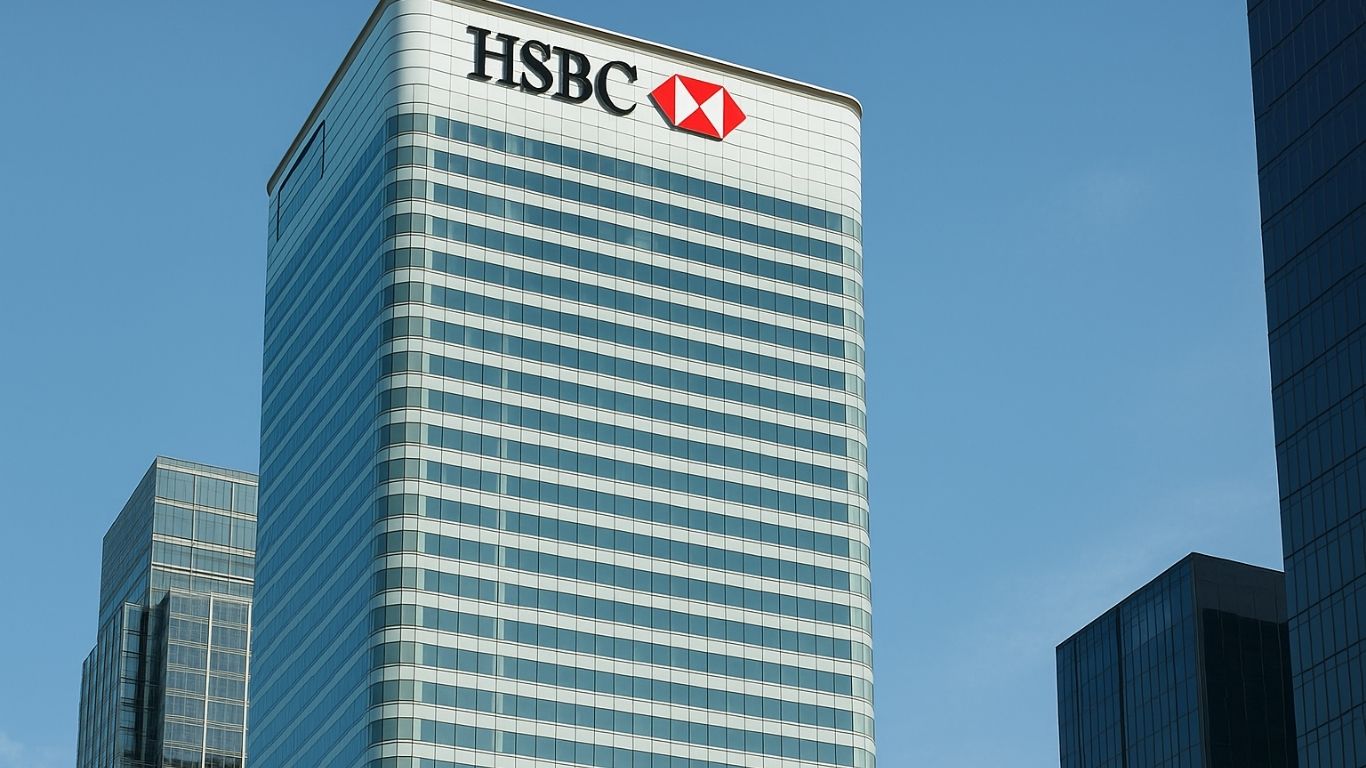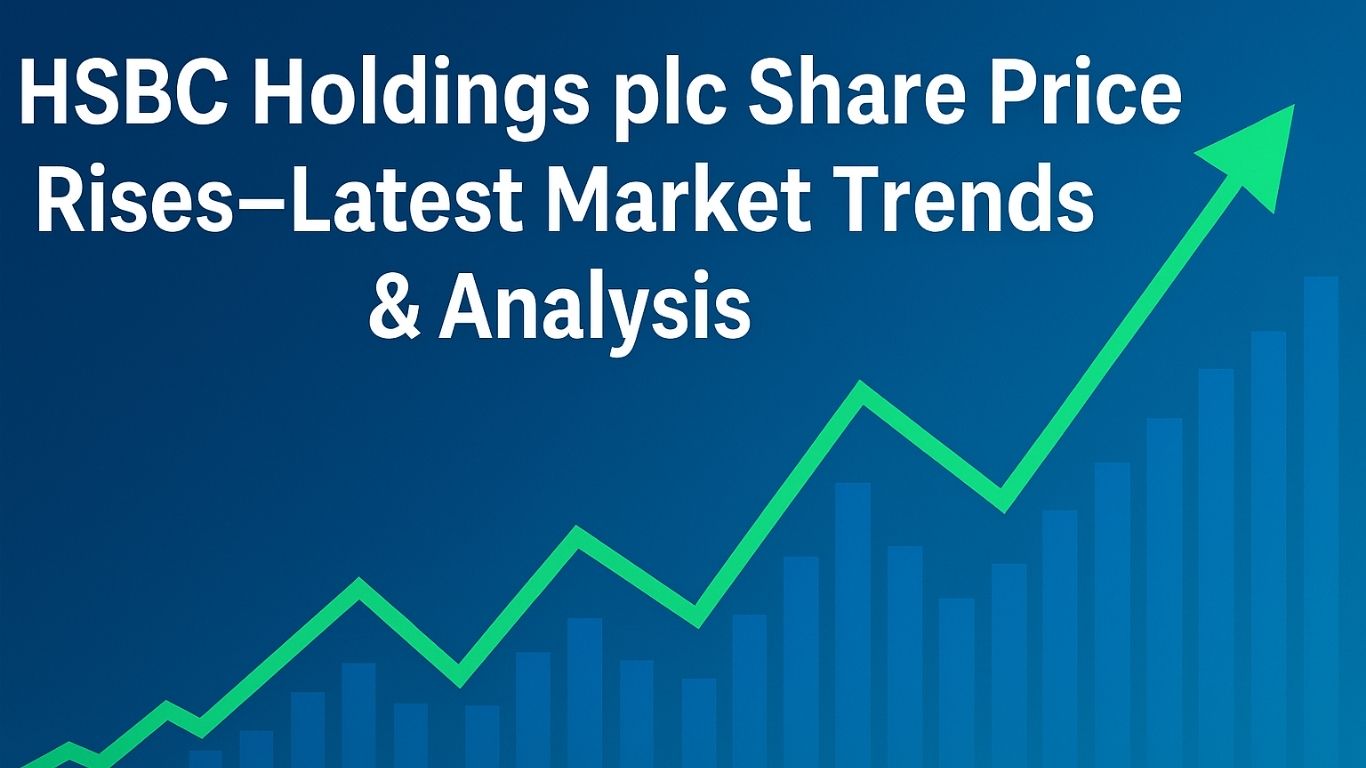When investors look for stability, global reach, and consistent dividends, major banking institutions often come to mind. Among them, HSBC stands out as one of the world’s largest and most internationally diversified banks. But in a constantly shifting economic environment, one important question remains: Is HSBC a good stock to buy today? To answer this, we need to look closely at the bank’s recent performance, business exposure, growth prospects, and how current market conditions may affect the HSBC share price.
Understanding HSBC’s Global Role
HSBC Holdings plc is headquartered in London but operates across more than 60 countries. Its primary business segments include:
- Retail Banking and Wealth Management
- Commercial Banking
- Global Banking and Markets
- Global Private Banking
What makes HSBC unique compared to many Western banks is its heavy exposure to Asia, particularly Hong Kong and mainland China. This exposure has historically driven strong profitability, especially during periods of high economic growth across Asia. However, it also means the bank’s fortunes are closely tied to economic conditions in that region.
Recent Performance and Financial Stability
In recent earnings reports, HSBC has demonstrated robust profitability despite global economic uncertainty and interest rate volatility. Higher interest rates in major markets have generally benefited banks, as they can charge more for loans relative to the interest they pay on deposits. HSBC has been no exception, showing strong net interest income growth.
However, some headwinds remain:
- Economic slowdown concerns in China
- Property market weakness in mainland China
- Geopolitical tensions affecting global trade flows
Despite these challenges, HSBC has maintained a strong capital position. The bank has continued to pay competitive dividends and even announced notable share buybacks in recent years. This signals management confidence in long-term earnings stability.
What Is Driving the HSBC Share Price?
Like any publicly listed company, the HSBC share price reflects both financial performance and investor expectations. Recently, the share price has shown periods of volatility, largely due to:
| Influencing Factor | Impact on HSBC Share Price |
| Global interest rate policies | Higher rates generally boost bank profits |
| China’s economic recovery pace | Slower growth can weigh on earnings |
| Currency fluctuations | Particularly GBP, USD, and HKD |
| Market perceptions of banking sector risk | Global financial stress can cause short-term declines |
Long-term investors, however, often look beyond short-term fluctuations and consider whether the bank can grow earnings and maintain dividend payments over time.
Dividend Appeal for Income Investors
One of the key attractions of HSBC for many investors is its dividend profile. Historically, HSBC has provided a relatively high dividend yield, making it appealing to income-focused portfolios. Although dividends were temporarily reduced during the pandemic, the bank has since restored payouts and remains committed to returning capital to shareholders.
If stable recurring income is important to you, HSBC may offer a compelling advantage. However, dividend sustainability ultimately depends on earnings strength and economic conditions.
HSBC’s Strategy Moving Forward
To improve long-term profitability, HSBC has shifted strategic focus to markets with higher growth potential. This includes:
- Expanding operations in Southeast Asia
- Strengthening wealth management and private banking
- Restructuring underperforming divisions
- Reducing exposure to some Western markets
The goal is clear: allocate capital where it can generate the most value.
If these strategic moves deliver as expected, they could support the HSBC share price over the medium to long term.
Risks to Consider Before Buying
No investment comes without risk. Before deciding whether to buy HSBC stock, consider the following factors:
1. Economic Dependence on Asia
A significant slowdown in China could reduce loan demand and increase credit risk.
2. Regulatory Pressure
Banking regulations continue to evolve. Fines, compliance costs, or capital requirements could affect profitability.
3. Currency and Market Volatility
Because HSBC operates globally, earnings and the HSBC share price can be influenced by foreign exchange fluctuations.
4. Competition
Both traditional banks and fast-growing fintech companies pose competitive threats.
Understanding these risks can help you make a more informed investment decision.
So, Is HSBC a Good Stock to Buy Today?
HSBC may be a compelling investment for certain types of investors:
A Good Buy If You:
✅ Want exposure to global banking
✅ Prefer companies with strong dividend potential
✅ Believe in the long-term growth of Asian markets
✅ Are comfortable with moderate share price volatility
Think Carefully If You:
❗ Are concerned about China’s economic uncertainty
❗ Prefer rapid capital growth rather than income
❗ Want very stable price performance with low risk
In simpler terms, HSBC is better viewed as a stable, income-generating investment, rather than a high-growth stock.
Conclusion
The question “Is HSBC a good stock to buy today?” depends on your investment goals and risk tolerance. The bank has strong global operations, a resilient balance sheet, and a reliable track record of dividend payments. While short-term volatility is possible, particularly due to Asian market uncertainties, the long-term outlook remains reasonable for investors seeking steady income and global financial exposure.
For those who value dividend income and international banking strength, HSBC can be a solid addition to a diversified portfolio. However, if your priority is aggressive growth with minimal price fluctuations, you may want to explore other opportunities.
Ultimately, monitoring the HSBC share price, earnings announcements, and economic conditions in Asia will be key to making a well-timed investment decision.


